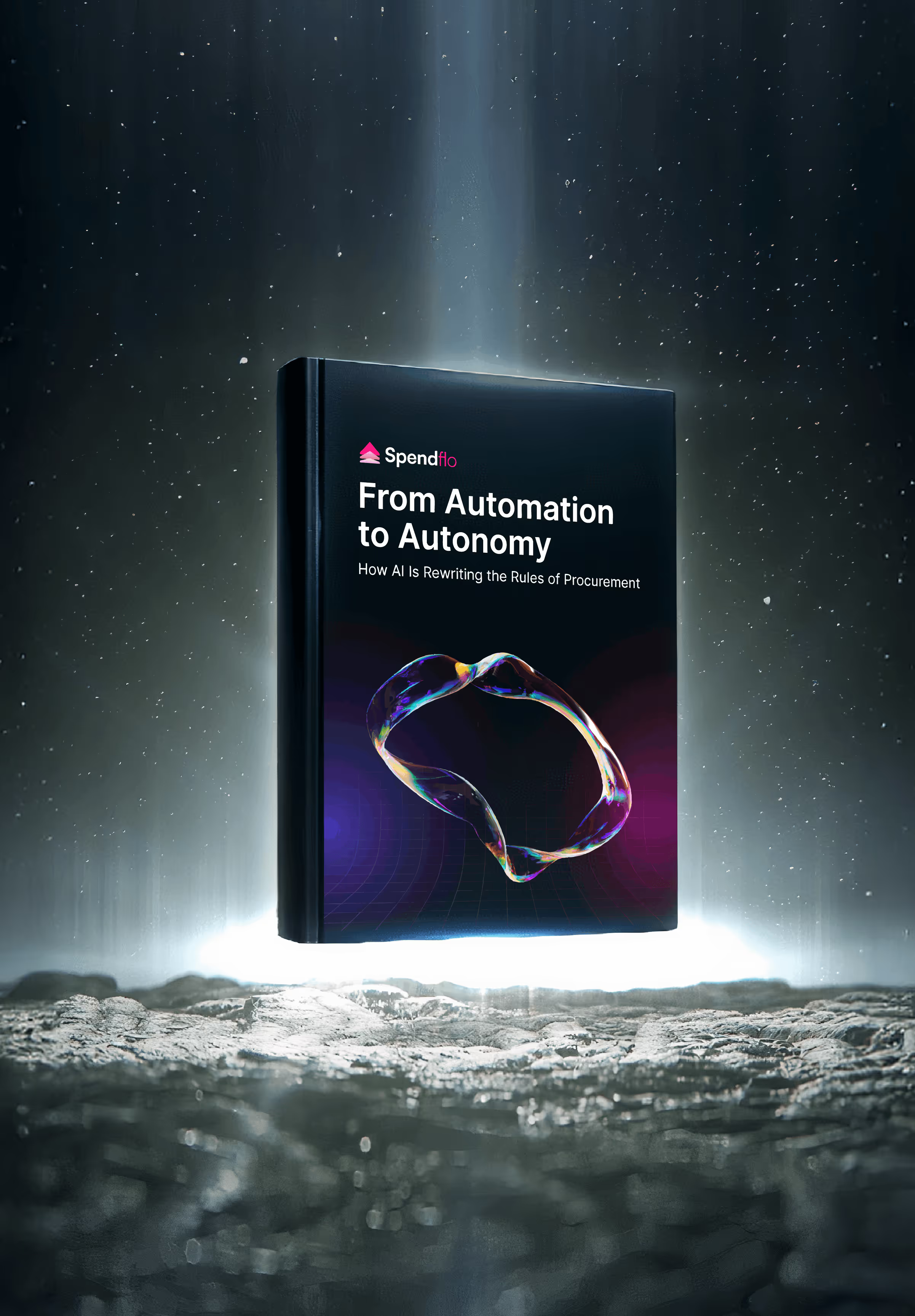

Tiding through turbulence with Chirag Mavani

Tiding through turbulence with Chirag Mavani
Excerpts and insights from our webinar with Chirag Mavani, CFO of The Souled Store, on how to survive economic meltdowns and unprecedented downturns.


The year is 2020. There is an unprecedented global crisis panning out, about to change the way the world and businesses work. This is where Chirag Mavani found himself as he came aboard The Souled Store.
Whether the pandemic itself has abated or not, the aftermath is still going. CFOs today have the responsibility of piloting their organizations through turbulent economic and geopolitical conditions. We asked Chirag about his journey as the CFO of The Souled Store, and here’s what he had to say.
How to build an organization that survives economic downturns?
“If there’s anything that the funding winter taught us, it is to build in reserves.”
“There is no denial that the global economy has slowed down,” Chirag said, on the state of the economy post the effects of the pandemic. “In these situations, it is important for the CFO to balance growth and profitability.” To ensure the best chances of surviving through rocky business terrains, organizations need to be:
- Economically strong
- Culturally vibrant
- Ethically prudent
What to do on ground-zero during turbulent times?
When crisis strikes, the presence of mind supercedes preparation. That doesn’t mean a CFO can’t be prepared. Here’s what Chirag suggests CFOs do.
Collaborate with the CEO and senior management to assess the situation and chart out plans for the future.
Build awareness by looking beyond your own books at the larger macroeconomic shifts to guide the rest of your team into the future.
Arm yourself with technology, and get the right tools for visibility and control in handling tough situations.
How to be future-ready as a CFO?
“CFOs need to spearhead automation efforts.”
The entire business world today is adopting automation at various levels, with large-scale digital transformation efforts being implemented across organizations of all sizes. Chirag believes that CFOs are best placed to spearhead this. But why?
The business environment today is ever-changing, and it is crucial for companies to be dynamic and adaptable. Automating processes allows teams to minimize repetitive work and maximize efficiency by enabling them to focus on core business requirements. Moreover, technology enables organizations to harness the new superpower — data.
As far as risk mitigation is concerned, using data as a blueprint coupled with automation will help CFOs make well-informed, timely decisions. Identifying the right tools and deploying them will benefit your organization in the long run.
What differentiates a good CFO from a great one?
“CFOs need to be ‘Chief Future Officers’ because they are responsible for the future-readiness of their organizations.”
According to Chirag, great CFOs:
- Communicate with immense clarity.
- Bring agility and adaptability to their function to keep up with the dynamic nature of the business world.
- Bring the scattered data and processes across the organization into a single, streamlined workflow (especially crucial in startups).
- Accurately interpret data with the right tools to mitigate risk and assess the future.
How to chart the journey to becoming a CFO?
“Take your time. It is important not to be disheartened if it takes an extra 2-3 years.”
As he touched upon his own personal journey, Chirag made some thoughtful recommendations for aspiring CFOs.
Learning: Inculcate extensive financial knowledge both through your academics and experiential learning.
Planning: Chart out a roadmap for yourself within the corporate ladder.
Patience: It’s okay to spend a little extra time in the layers within the said ladder to understand and learn from experience.
Experience: Cherish the journey.
To know more about Chirag Mavani and his journey to becoming a CFO, watch the webinar here:















.png)




.png)





.avif)





